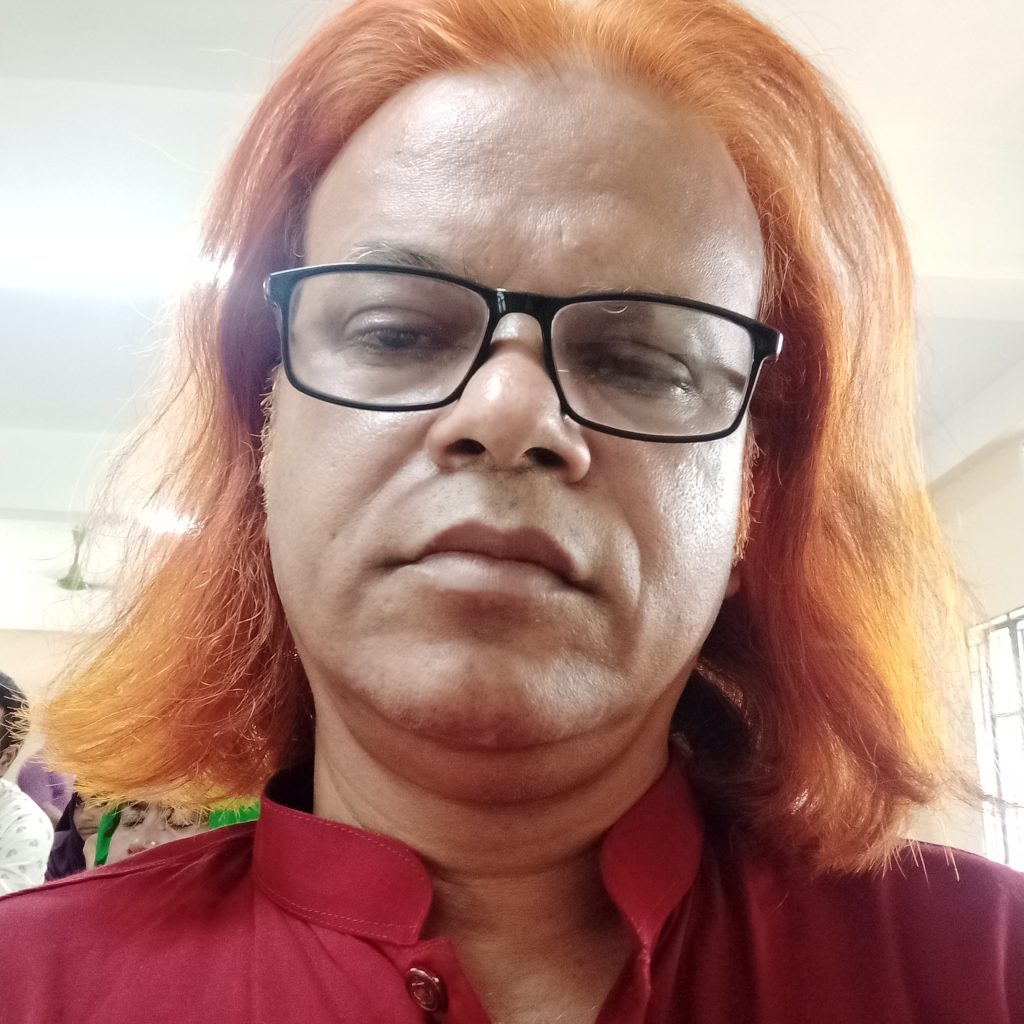
Mother
Mother, who puts me to sleep,
The moonlight,
The darkness disappears after receiving the caress of mother’s hand.
I listen to the story of mother’s face,
In the land of the princess,
I get lost in the dream,
In that unknown land.
Mother, who is the smile on my face,
The happiness that makes my mind forget,
When I get mother near me,
There is no more sorrow.
Mother, who is full of my love
The bright green sheet,
I was born in my mother’s lap
All my love.
Mother is the language of my mouth
Mother is my land
Holding mother’s gentle hand
I walk with the happiness of my heart


